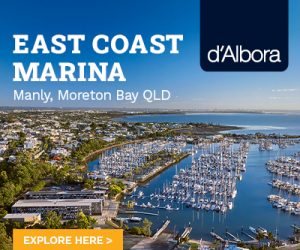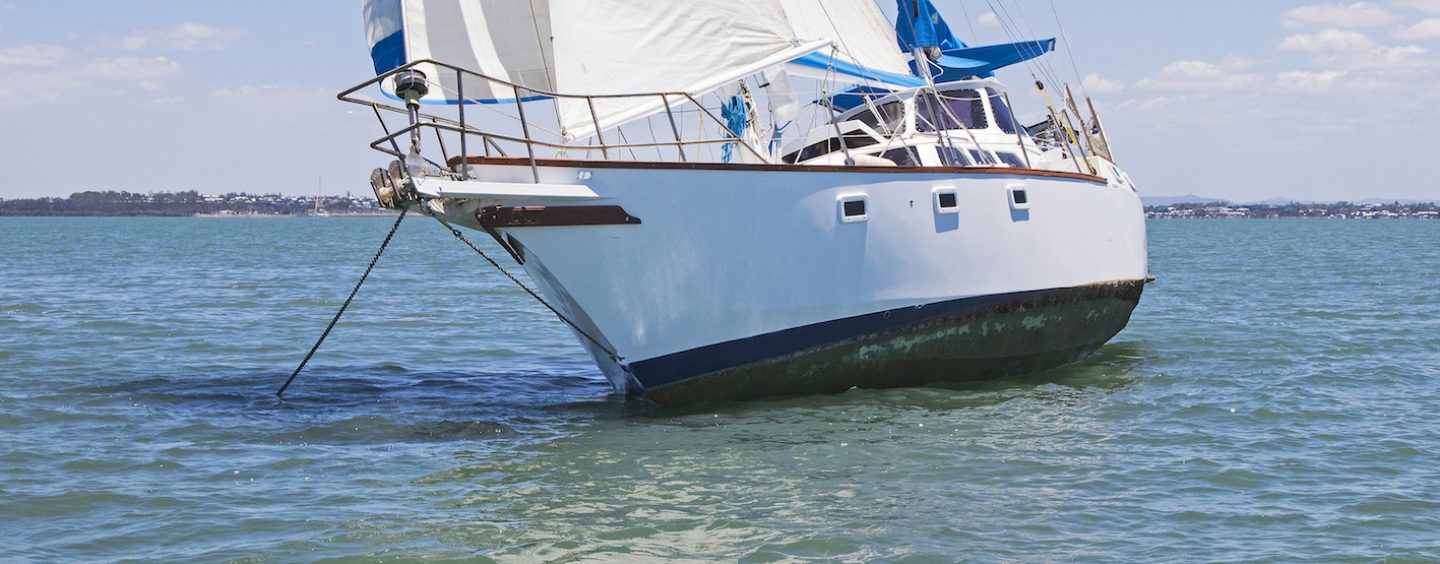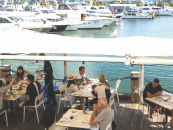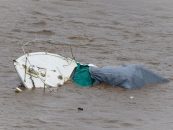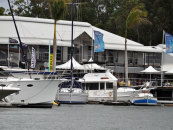Let us distil it all down. If you go to the pure essence, you will find that unless there is marked change in attitude, and if there are more natural disasters in quick succession, then no one will be able to get marine cover. Yes, the
problem is that serious. So, obviously you cannot do anything about the natural disasters, but you can do a lot about taking responsibility for your craft if it is in named peril areas, by performing proper preparation.
The insurance market has changed. We knew this was going to come as a result of all of the claims, most specifically out of the Caribbean (Irma and Maria), and for that matter, Cyclone Debbie as well. Typically, Pantaenius came at it from the front foot, with a redevelopment of their product. It meant that their customers could have the kind of cover they have become accustomed to and require.
James MacPhail, managing director of Pantaenius Sail and Motor Yacht Insurance in Australia, states, “We have been expecting a crunch for quite some time, and we have been doing our best to educate the market and our client base. The message from us has always been that a policy is where the insured and the company jointly take on the responsibility to secure the asset, and look after the risk.”
The world’s underwriters – the ones who carry the financial risk attached to the policy – are moving away from marine risks, because of the storms and other catastrophic events. James says, “One of the largest in the market previously, Lloyd’s, has all but removed itself! A broker’s ability to go to them and place
a risk has 95% evaporated. Many companies that have still got cover holder agreements and relationships with Lloyd’s are very unlikely to have them renewed at the end of this policy period.”
Storms, however, are not the only ones to blame. The attitude of the insured as to what their responsibilities are in the event of an incoming peril play a significant role. “We’ve been saying it for years, and now a lot of competitors are also saying the same thing, as too is New Zealand’s biggest marine broker all over social media. The world has changed. The market in terms of the number of underwriters available to take on marine risk is something like 35 or 40% smaller today than it was even as close as 18 months ago.”
Naturally, this is affecting everyone’s ability to get cover. Even the diligent boat owners are seeing an increase in their premiums and have to bear the costs of the neglect of careless owners, as the insurance funds belong to one big pool.
No matter whether you are here in Australia, or in Europe or the Americas, in a way, we are all joined at the hip. The reality is that the end underwriter is going to be one of the world’s biggest insurers – namely Lloyds, Alliance, Chubb, Berkshire Hathaway, ING. They will be one of the 10-15 in the group that makes up the significant bulk of the pool we were just talking about.
As we can see that there are more catastrophes happening, you will notice that there are less available insurers to take on the risks. Those that are left are much tighter and stricter. Compliance is being enforced, and the expectation on the insured to perform their part is very much stronger than it has ever been. James explains, “We have had no choice in our policy documents for 2019 to re-stress that it is your responsibility to make your vessel ready, and also to maintain it in a seaworthy manner in the first place.” By controlling the claims, it will ensure the underwriters stay in the market to offer you any cover at all!
James also emphasises, “We are very fortunate to be offering cover in the tropics here in Australia, for there is none to be had in the Caribbean. The Australian Government is committed to warning people through the BOM, and also its own SMS and email advice.”
James insists that it is incumbent on the owners of boats, particularly in storm-affected areas, to ensure that they have done everything they can to best protect their asset. He cites examples where owners receive a lower sum because they did not take precautions, or whose excuse is that they were living away form the vessel’s locale, or that they did not know anyone close to the boat at the time of the storm. Their neglect caused damage not only on their assets, but also those of others.
Owners who do not take precautionary measures end up paying the price
of neglect. Unfortunately, they are not the only one. James explains, “With insurance, everyone bares the brunt of this, because all insurance stems from just one pool, after all.”
James also warns of the false perception that the ombudsman will only protect the insured. “The ombudsman is also aware that market has changed, and they are concerned that there will be people in Australia who will not be able
to get insurance. It is already close to not being able to get insurance for a marine asset based in Darwin, for example. The insurers do not want to touch it. Remember, insurance is a business, and to be healthy, it has to stay alive, which means making a profit.”
It is very much a symbiotic circle. As MacPhail says, “You cannot have your cake and eat it too. There remains a lot of naivety in this market. This needs to be eradicated swiftly, for the real risk of not being able to get insurance is here today, and we are not the only ones saying this. At the moment, the worst risk
in pretty much everyone’s book worldwide is the marine risk, and this is why the pool has dried up.”
James concludes, “In my experience, if you have put a few hundred thousand into a yacht, then you’re sharp enough to know what is and is not appropriate. So you cannot then say you have not been advised. It is not just Pantaenius who is talking about due diligence.”
Clearly it just got harder and more expensive to insure your marine asset. You need to work harder to ensure you are going to be able to get cover next year and the years following. You do need to minimise the damage to your vessel, and also those around you. Ultimately you’re protecting yourself, and it does not matter whom you are insured with. We all end up in the one ool – yes, there is no ‘p’ in the pool, so please keep it that way!
By John Curnow
www.pantaenius.com.au




















